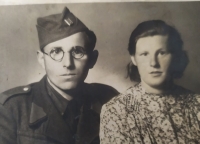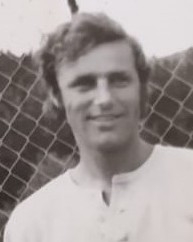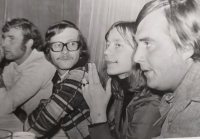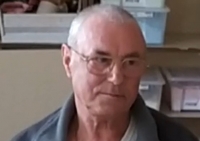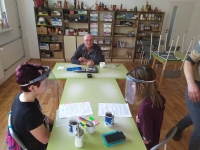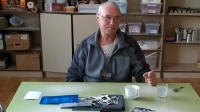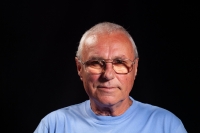For blowing up a Statue of Gottwald, he had to endure the Valdice prison. He hasn’t forgiven the communists
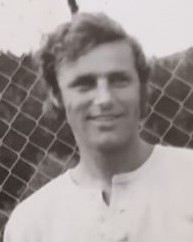
Download image
František Polák was born on 7 December 1952 in Jirkov. He had ten siblings. After attending elementary school he trained as tiler and bricklayer. While in in training he was apprehended after he gave an anti-communist speech on the May Day of 1970. In the mid 1970 he did his two-year compulsory military service and had to serve for another year and a half due to disorderly conduct. In the end he was transferred to a uranium mine in Příbran after he had been caught selling army petrol. In August 1978 he had helped to destroy the statue of Klement Gottwald by explosives. He and his companion, Ondřej Stavinoha, did this in protest on the anniversary of the Warsaw Pact invasion of Czechoslovakia. They were both arrested after being denounced by a friend and interrogated at Prague’s Ruzyně prison. František was sentenced to seven years in Valdice prison. He had been constantly brutalised by wardens. He left prison after seven years in August 1987. He strived to find a job. From the 1990s he operated a small shop at the Jirkov’s housing estate. In summer 2021 he was living in Jirkov.
